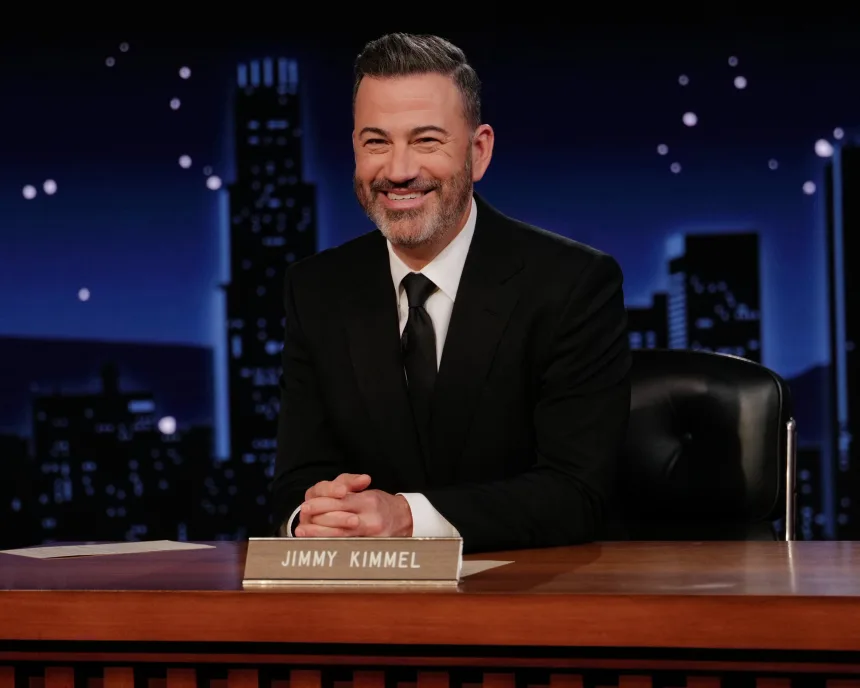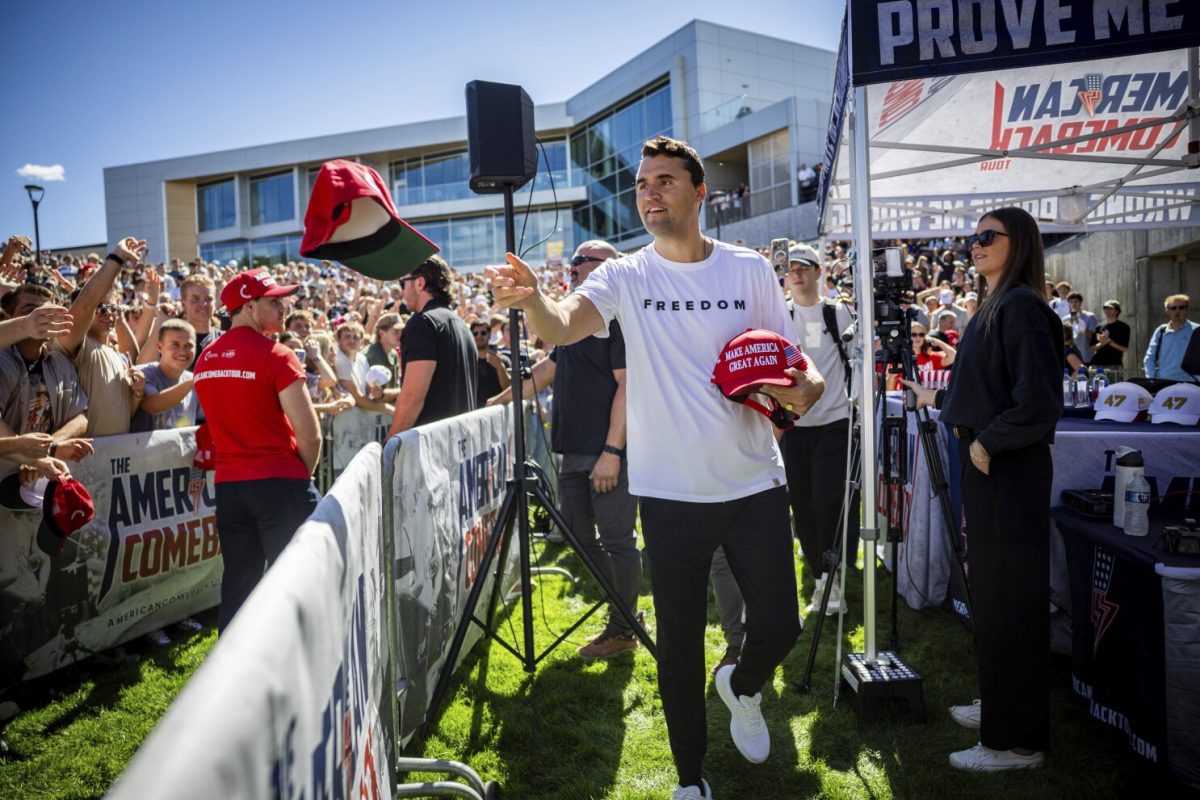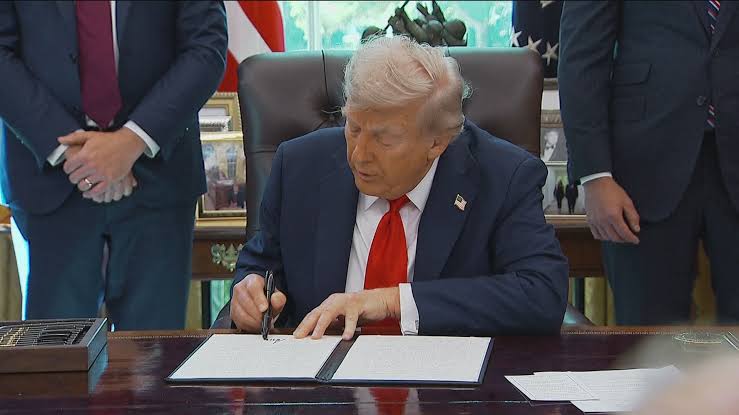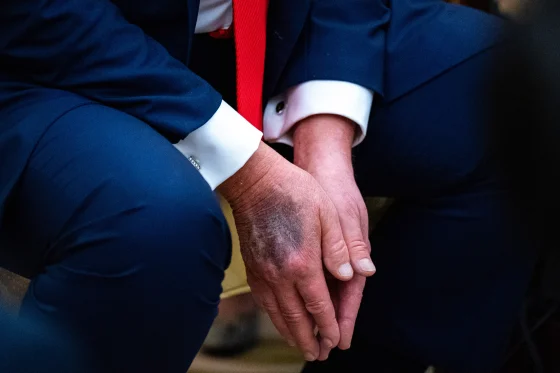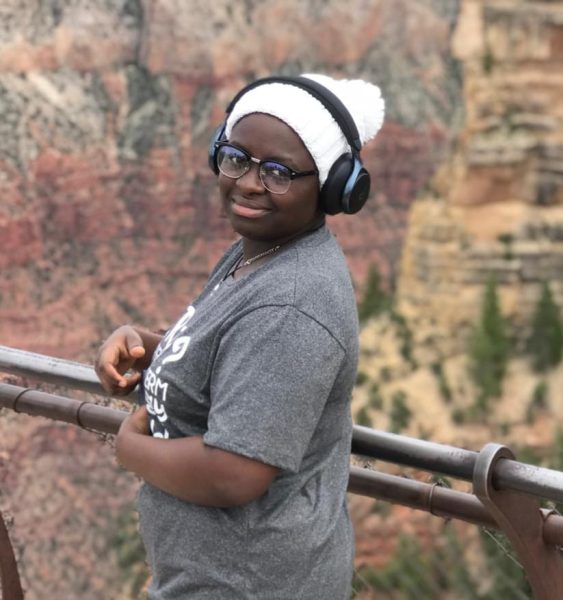The United States has proposed the idea of banning TikTok, the popular social media platform, since 2020, and in 2025 the ban became a reality, if only for a few hours. The ban was primarily driven by concerns over national security and user privacy data as the app is owned by ByteDance, which is a Chinese company based in China.
In 2020, President Donald Trump, during his first term in office, issued executive orders to ban the app unless ByteDance sold it to an American Company. This led to negotiations with companies like Microsoft and Oracle, but no deal was finalized. When former president Joe Biden took office, TikTok was still under scrutinization by his administration.
In response to these claims, TikTok continuously denied the allegation that it posed a national security threat and emphasized that it stores U.S. user data in the United States with backup servers in Singapore and has strict data access controls. TikTok also filed a lawsuit against Trump’s executive orders, claiming the ban was politically motivated and it violated the right to free speech of the millions of Americans who use the app. In September 2020, Oracle was chosen as TikTok’s ‘trusted technology partner’ to increase transparency. This involves Oracle hosting U.S. user data on its cloud servers to ensure data remains in the United States and is secure from foreign access.
In early 2024, former President Biden indicated that he would sign the bill to ban the app if the bill reached his desk. In March 2024 the bill to ban it was passed by the United States House of Representatives. Then, in April the bill cleared the senate and in that same month, the bill was signed by Biden. The bill was known as the “Protecting Americans from Foreign Adversary Controlled Application Act”. This bill required ByteDance to sell the app within a year or face a ban.
Despite Trump being a strong advocate of the ban of the app in 2020, in his campaigns in 2024, he addressed the issue stating a change in stance about the app. He saw the app as a potential way to connect with young voters who use the app and even used it as a campaign strategy. Despite TikTok and Congress going back and forth on the issue of the ban, the Supreme Court upheld the law, stating that the ban doesn’t affect the right to free speech of Americans using the app.
To save the app, several senators took steps to prevent the ban from happening, some of them were Senators Ed Markey (D-MA), Cory Booker (D-NJ), Rand Paul (R-KY) and Ro Khanna (D-CA). However, the one senator who stole the heart of TikTok users the most was Senator Ed Markey. He proposed an “Extend the TikTok Deadline Act” which extends the ban by 270 days, giving TikTok more time to figure out what they would want to do with the app. It also happened to be a “unanimous consent agreement” that essentially allows for the Senate to quickly approve something without having a formal vote. Supposedly no senator disagrees then the action is approved immediately. If one senator says NO, then they have to go through the regular process which takes more time. Putting into consideration that the ban was a few days away when the act was brought up.
The act was opposed vocally by several senators, but the notable ones were Senators Tom Cotton (R-AR) and Josh Hawley (R-MO). Cotton essentially pointed out that users have started migrating to 小红书 also known as REDnote and Xiaohongshu which users call the “Chinese version of TikTok.” The platform is fully owned and based in China.
Senator Tom Cotton’s words of reply to Americans who migrated were “…he raised the question on REDnote, well guess what, if TikTok users flood to REDnote, they are going to face the same challenge there because it is also controlled by the communist party.” He then proceeds to explain how the app is a threat ending his speech with “…and finally, we keep hearing it’s only 270 days, it’s only 270 days. In 270 days, that is what TikTok would say again because it would not have been sold. Because Chinese Communists won’t allow it to be sold, because it’s not just another app. It’s not Instagram or Facebook or X or anything else. It is a Chinese Communist Spy app. I yield the floor”
This led to TikTok being banned on Jan. 19, 2025. The app only witnessed a 12-hour blackout before resuming operations through an agreement with service providers. Discussion continues about the future of TikTok in the U.S., with the potential for further legal and regulatory actions with ByteDance given 75 days to divest the app. The app is still unavailable on the app stores, but it is fully operational on devices that already have it installed.



